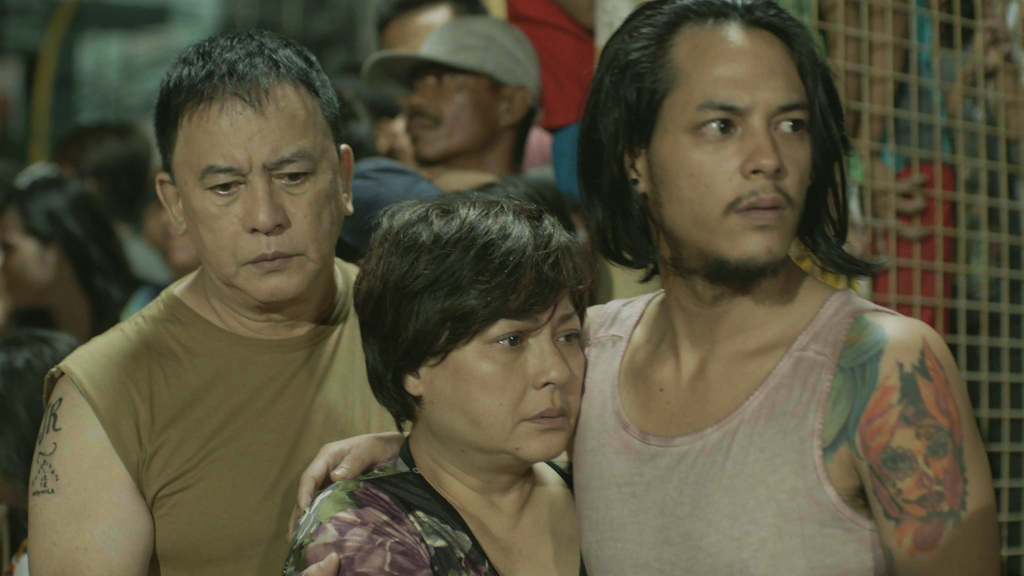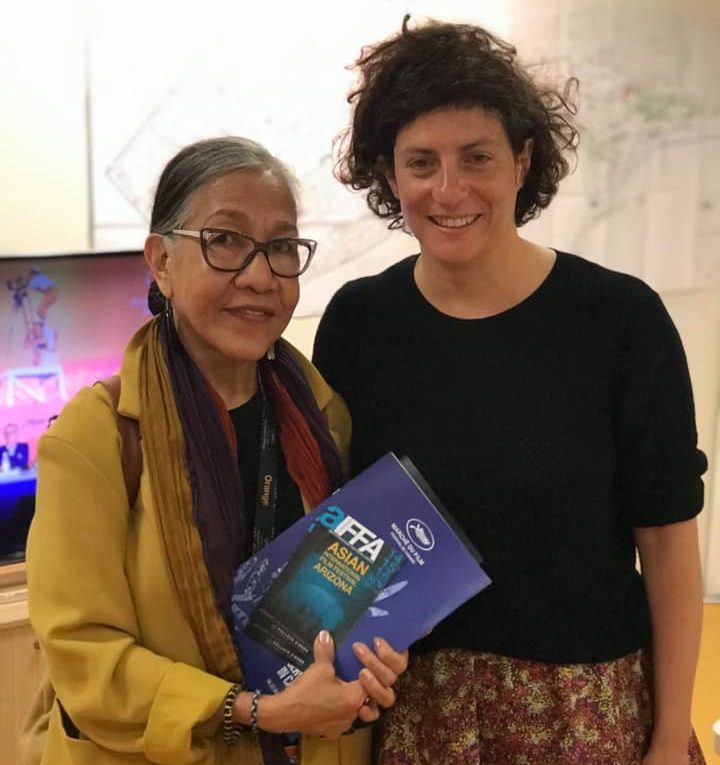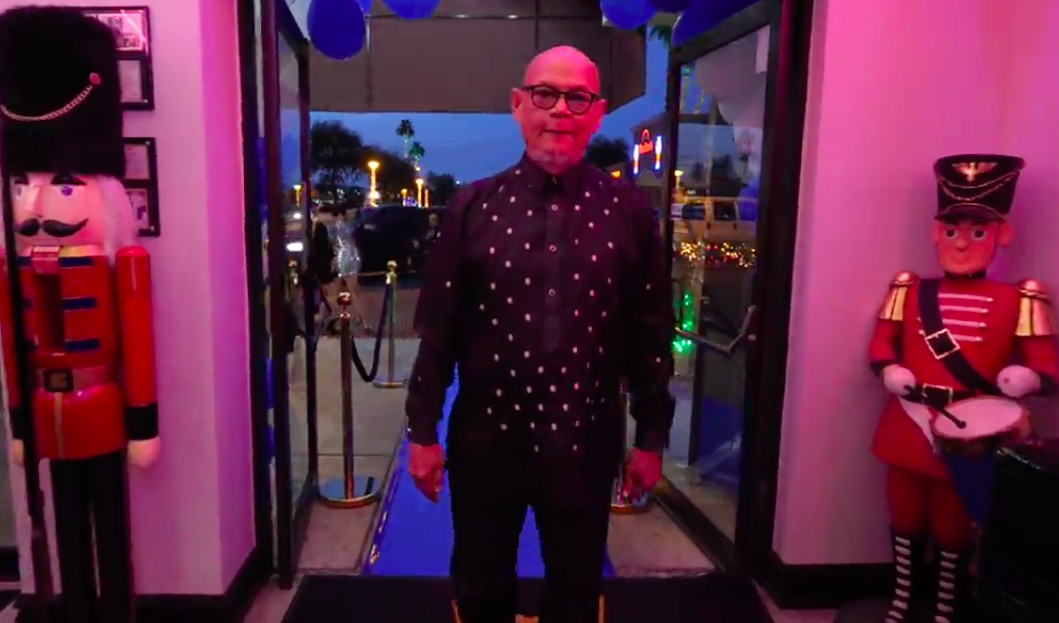Filipino movies opens 1st Asian Int’l Film Fest Arizona

From left: Phillip Salvador, Gina Alajar and Felix Roco in “Madilimang Gabi”
“It’s surprising that they’re not familiar with film festivals,” said actor Bembol Roco, who was among the guests of honor at the first-ever Asian International Film Festival Arizona (AIFFA) held from Dec. 6 to 8 in Tempe, Arizona, in the United States.
Adolfo Alix Jr.’s drama “Madilim ang Gabi,” which features Roco in the cast, was the festival’s opening film.
The ceremony was held at the Pollack Tempe Cinemas in the southwestern American state, with Filipino filmmaker Ihman Esturco as festival director and producer-actress Evelyn Vargas-Knaebel as program director.
Eleven films from different parts of Asia were shown that weekend, Roco reported. “What they did was actually a good thing. They were able to combine representatives from different Asian film communities in one festival, which turned out to be a very successful one,” he told Inquirer Entertainment.
“It was the first time that an Asian film festival was held in the area. People were pleased. The organizers promised that next year will be a better one,” said Roco, adding that it was also a good way to promote Filipino film and culture in Arizona. “In fact, I met a Filipino-American producer who said he would fly to Manila this January because he has a project that he wants me to be a part of.”
Article continues after this advertisement
Evelyn Vargas-Knaebel, program director (left), and Maud Amson, executive director of Cannes Marché du Film
The films were “Hava, Maryam, Ayesha” (Afghanistan); “So Long, My Son” (China); “Memories of My Body” (Indonesia); “Jhalki” (India); “Deep Well” (Kazakhstan); “This Little Land of Mines” (Laos); “Dark is the Night” (Philippines); “Ramen Teh” (Singapore); “Kokdu” (South Korea); “The Tailor” and “The Third Wife” (both Vietnam).
Article continues after this advertisementVarious short films were screened, too, under the section called myFILM. It featured works from film students and amateurs, according to a report from www.phoenix.org quoting Esturco.
With the theme “Bridging the World through Asian Cinema,” the event’s purpose, said Esturco, was “to discover, develop and distribute … We want to [act as a] bridge for filmmakers who don’t have the voice, especially in Asia.”
As AIFFA’s programmer, Vargas-Knaebel scouted films exhibited in other international film festivals before bringing them to Arizona. Her considerations in picking them, she said, were “audience, accessibility and variety.”
The goal of AIFFA is “to give international communities a presence in Arizona,” Vargas-Knaebel pointed out. “We wanted to bring cinema to the people. We wanted to bring Asian cinema to the Asian-Americans.”

Bembol Roco